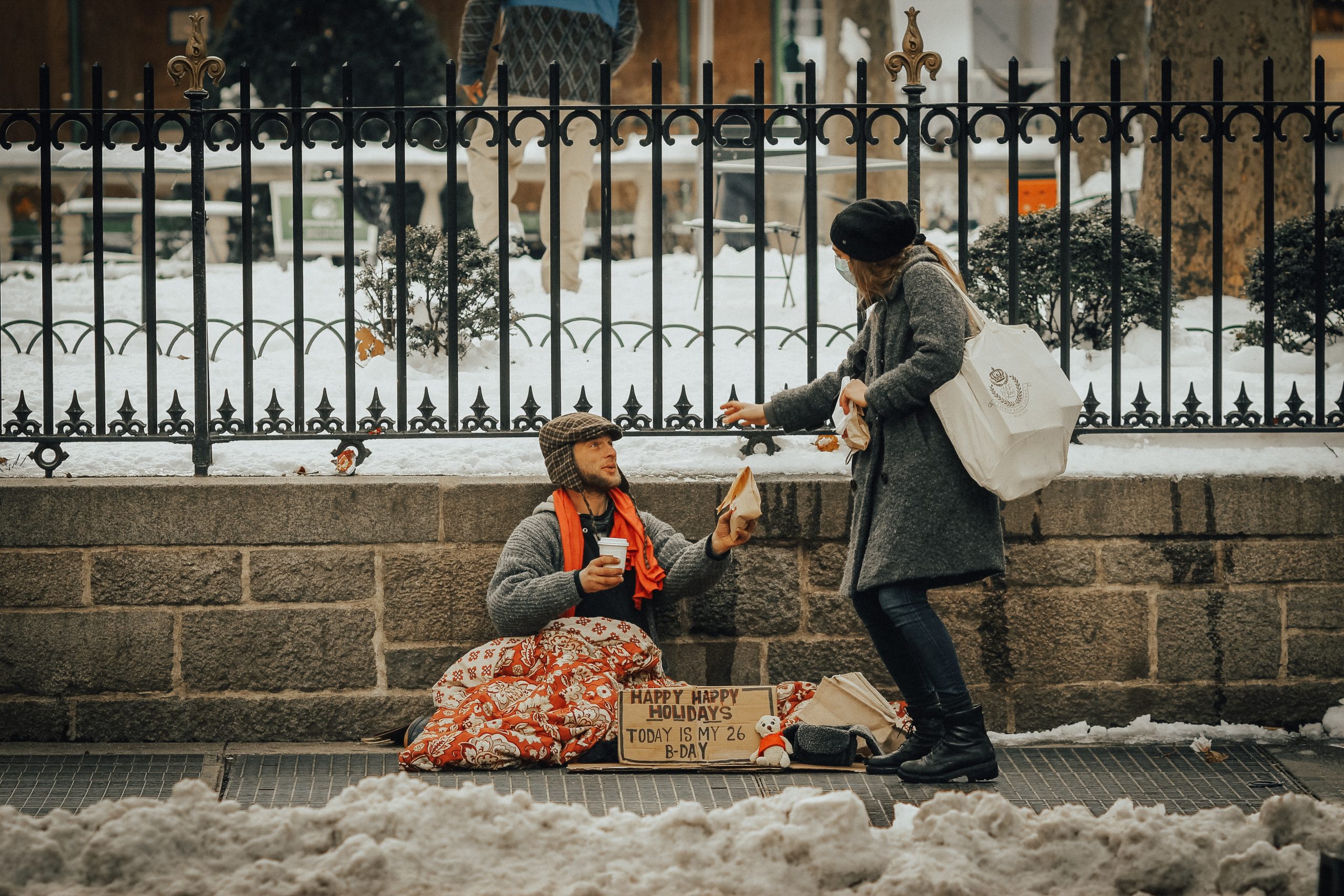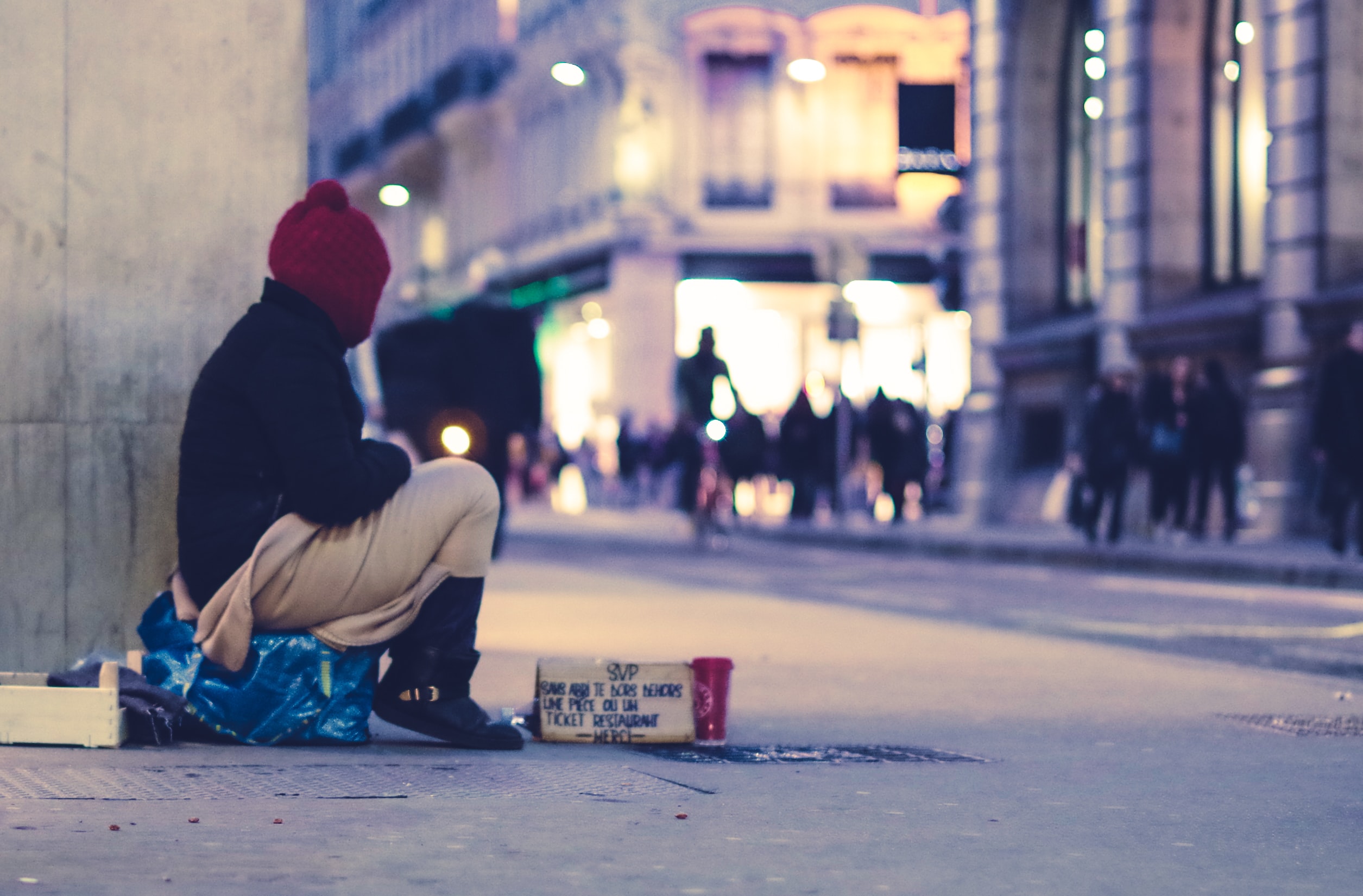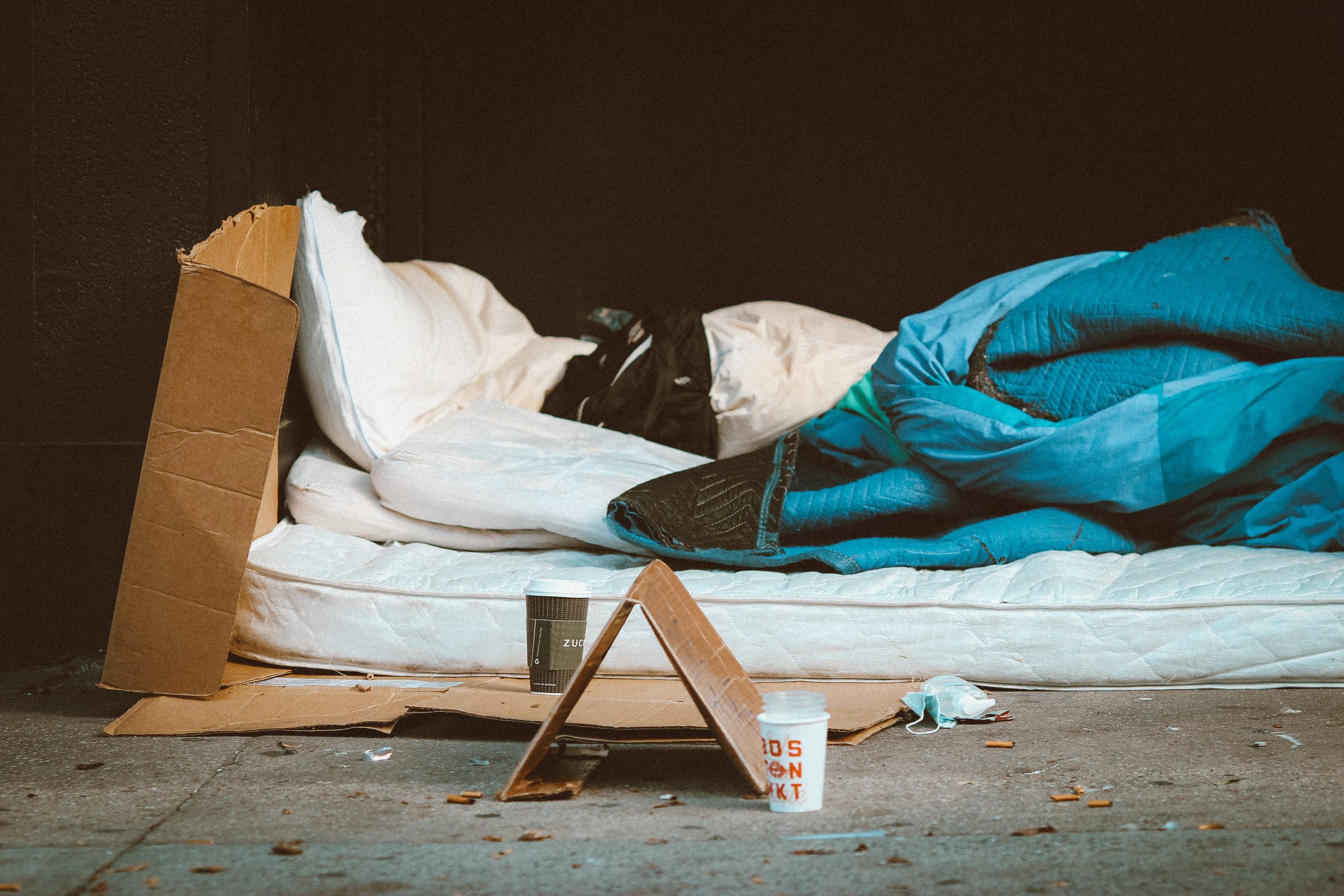Every day, thousands of people experiencing homelessness in the UK are met with exhausting challenges, but one that rarely gets much attention is the constant search for somewhere secure to store their belongings.
According to UK homeless charity Shelter, 280,000 people were entirely homeless or in temporary accommodation in 2019; rough sleepers made up 2,688 of the equivalent figure in November 2020. They face daily obstacles to securing their belongings without access to storage.
Under Article 1 of the First Protocol of the Human Rights Act, all of us have the right to peacefully enjoy our property without disturbance. However, protecting this right for homeless people who are struggling to maintain the security of their property is a challenge, and the stress takes a toll.
That’s the underlying problem – you don’t have a right to sleep on the street or leave your possessions on the street.
“Regardless of who you are – homeless, millionaire, PM, etc – the property you own is protected by both civil and criminal law,” said Justin Bates, barrister and editor of the Encyclopedia of Housing Law. “If I just come along and steal your property, then I have committed the crime of theft and the tort – civil wrong – of trespass to goods. The police could arrest me and the CPS prosecute me for the first, and you could sue me in the civil courts for the second.”
Although on the surface, these laws appear to protect everybody’s property, the law is not so easily applied for homeless people and rough sleepers with nowhere to store their possessions.
The Human Rights Act states that we have the right to enjoy our belongings if we’re not bothering anyone else. The protocol imposes an obligation on the state not to interfere with peaceful enjoyment of property, deprive a person of their possessions or subject a person’s belongings to control.
However – and this is where things get complicated for homeless people – it is not deemed a violation of this right if interference, deprivation or control of property is carried out lawfully and in the public interest.
“You don’t have the right to leave your property in a public space. The roads and pavements always belong to someone – usually the local council but sometimes Transport for London or even the Secretary of State – and your right to use their land doesn’t extend to leaving your property on it,” explained Bates. “If you took your car and dumped it on the side of the road, you’d be acting unlawfully. That’s the underlying problem – you don’t have a right to sleep on the street or leave your possessions on the street.”
Without the legal protection of having a home in which to leave their property, if homeless people or rough sleepers leave their property on the street, it can be removed at any time by authorities.
In any organisation, the demand for your service is so much greater than the capacity that you have to run it
There are some caveats, though. For example, someone who is being assisted by the local authority under homelessness laws – covered in Part 7 of the Housing Act 1996 – can ask that local authority to look after their property, according to Section 211.
In turn, however, property left on local authority land can be removed under Section 41 of the Local Government (Miscellaneous Provisions Act 1982). Bates added: “In short, the local authority can take it away, tell you when and where to collect it and, if you don’t collect it, the local authority can destroy or sell it.”

Credit: Joshua Coleman / Unsplash
To help homeless people safely store their property without risk, Rachel Woolf founded Street Storage. The organisation provides storage units across London to give people experiencing homelessness physical respite from carrying their belongings. They also offer longer-term storage for those in need and are aiming to expand their services to become a national charity.
“In any organisation, the demand for your service is so much greater than the capacity that you have to run it,” said Woolf, who founded Street Storage in 2019 after seeing a visible need for the service in the city and in the sector. “The demographic changes that we’ve seen post-COVID [have been a challenge]. We are receiving more referrals from people either going into or leaving prison, more people leaving violent home situations, and more people being evicted once the eviction ban was lifted, which has meant that a lot more people are calling us with a lot more storage needs, like furniture and bedding.”
Woolf hopes to make storage one of the primary focuses of support services for homeless people, because it has historically been sidelined to focus on other needs, like food and shelter. Starting out as a service specifically for rough sleepers with a small storage space in north London, the organisation now helps a wide range of people facing many types of homelessness and the benefits are equally expansive.
“Primarily, I think it’s a physical thing, but it’s also a mental thing,” said Woolf. “It prevents loss, theft and damage of belongings. Then, indirectly, we have all kinds of positive impacts: reengaging in education, re-accessing services, reconnecting with family, better chance of maintaining and gaining employment, because you can’t turn up to a job interview with all the stuff that you own. It just removes a barrier of another thing that a person has to worry about on the street, or in vulnerable housing.”
Street Storage also offers lockable and accessible safe-keeping for essential documents, which is one of the most pressing storage issues faced by people on the street. Replacing items like passports and right to remain documents can be complicated enough with a permanent address, let alone without one.
Bates continued: “I don’t see law as the answer here. The practical issue is a lack of space for homeless people to use as storage. You need a cultural change at the public and governmental level to treat homeless people as deserving of space to store their property.”
As national legislation does not protect homeless people’s property when they have nowhere else to put it but on the street, grassroots organisations like Street Storage are focusing on championing change at a local level.



